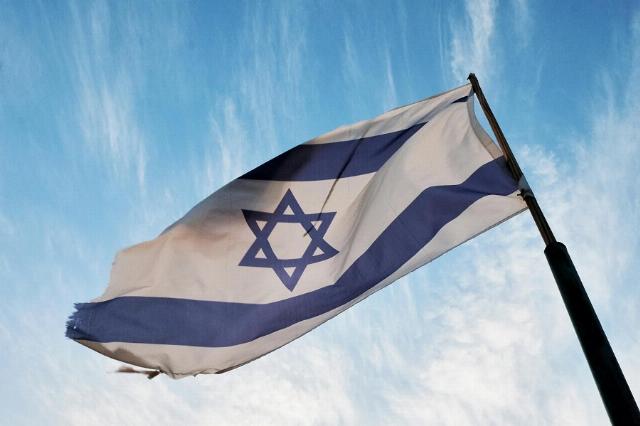Israel’s underreported restraint in Gaza
In the intricate tapestry of international relations, few threads are as complex and as fraught with historical and moral intricacies as the Israeli-Palestinian conflict. Recent developments in this long-standing struggle have brought to light a remarkable display of restraint by Israel, amidst provocations that would have justified a far more immediate and forceful response. This restraint, while often misconstrued, offers a window into the depths of diplomacy and strategic patience in the face of unabated aggression.
The invasion of Israel by Hamas during the sacred Jewish holiday of Simchat Torah — a celebration marking the conclusion of the weeklong festival of Sukkot — serves as a vivid illustration of the asymmetry in the moral and ethical frameworks that govern the actions of the parties involved. This audacious act not only desecrated a period of profound religious significance but also exposed the stark contrasts in conduct between Israel and its adversaries.
Despite these provocations, Israel, under the leadership of Prime Minister Benjamin Netanyahu, has shown a level of restraint that is both noteworthy and instructive. The decision to delay the expansion of its offensive into Rafah, in consideration of the Islamic holidays of Ramadan and Eid al-Fitr, is a poignant example of Israel’s broader approach to conflict: a commitment to the possibility of peace and the mitigation of further violence, even in the absence of reciprocity.
This approach is not limited to military strategy but extends to the very ethos that underpins Israel’s engagement with both its citizens and the international community. The decision to hold off on military action is also a strategic move to navigate the complexities of international diplomacy, particularly in light of the pressures from the Biden administration in the United States.
However, beyond the immediate tactical considerations lies a deeper, more insidious challenge to peace in the region: the indoctrination of children in Palestinian territories. The educational system in these areas is infused with ideologies that not only deny the existence of Israel but glorify violence against its people. This indoctrination undermines the prospects for peace and perpetuates a cycle of conflict that is passed down from generation to generation.
“From the river to the sea, Palestine will be free” is a phrase that has been used in various contexts related to the Israeli-Palestinian conflict. It refers to the territory from the Jordan River to the Mediterranean Sea, an area that encompasses both Israel and the Palestinian territories of the West Bank and Gaza Strip, a clear and present call for the establishment of a Palestinian state throughout the entire area, which would include the land currently recognized as the State of Israel, thereby eliminating Israel as a sovereign state.
Another key aspect of the Israel-Palestinian conflict that is rarely, if ever, reported by liberal news media, is the policy of the Palestinian Authority to allocate millions of dollars in monthly salaries to individuals imprisoned for acts of terrorism against Israelis. This “pay-to-slay” policy not only incentivizes violence but also diverts resources that could be used for the betterment of Palestinian society toward the perpetuation of conflict.
The juxtaposition of Israel’s restraint and the perpetuation of violence and indoctrination by its adversaries presents a stark contrast in values and objectives. Israel’s commitment to peace, demonstrated through its strategic patience and consideration for the religious observances of others, stands in sharp contrast to the actions of Hamas and their Western Universities and many media lapdogs who seek to undermine Israel’s existence.
Jerry McGlothlin serves as the CEO of Special Guests, a publicity agency known for representing guests dedicated to helping preserve and advance our Constitutional Republic and maintaining a Judeo-Christian ethic.

Image: Pexels
Read More: Israel’s underreported restraint in Gaza

